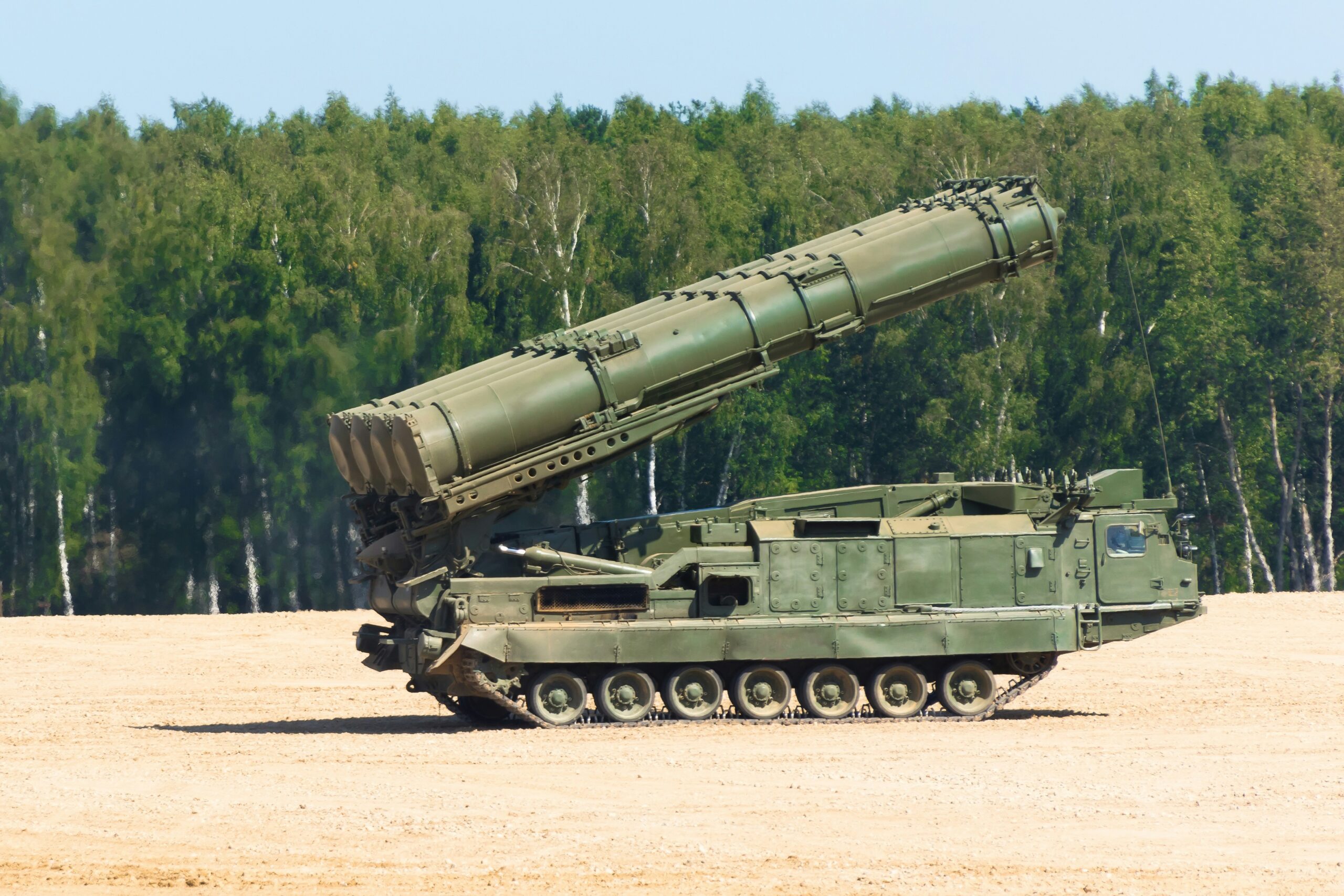
In an increasingly volatile world, nations face various security challenges, particularly in missile defense. The growing proliferation of advanced missile technologies has made it imperative for countries to enhance their defense systems. However, as nations invest heavily in missile defense technologies to protect their sovereignty and citizens, they must also consider the international implications of their actions. Striking the right balance between national security imperatives and the need for global collaboration is a complex but necessary task in the modern era.
The Importance of National Security in Missile Defense
National security remains a top priority for any government, and missile defense is critical in safeguarding a nation from conventional and unconventional threats. With missile technology advancing rapidly, countries are under constant pressure to develop and deploy defense systems capable of neutralizing potential threats from adversaries. Whether it’s ballistic missiles, cruise missiles, or hypersonic weapons, these threats are increasingly sophisticated, posing serious challenges to national defense structures.
A robust missile defense system deters missile attacks and provides security for military personnel and civilians. Nations such as the United States, Russia, China, and several European countries have invested heavily in missile defense technologies, deploying a combination of ground-based interceptors, air defense systems, and space-based sensors to detect and neutralize incoming threats. The systems are designed to detect missile launches early, track the missile’s trajectory, and intercept it before it can reach its target.
For instance, the U.S. has deployed the Ground-based Midcourse Defense (GMD) system, which can intercept incoming missiles in space. Similarly, Russia’s S-400 and China’s HQ-9 systems are known for their advanced capabilities in defending against aerial threats. These national defense systems are critical in ensuring a country can protect its territory from missile strikes, which could have devastating consequences.
The Role of International Collaboration
While national security is paramount, the nature of modern security threats is often transnational, requiring nations to work together in defense. The rise of missile threats does not respect borders, and a missile attack on one country could have significant repercussions for global stability. As such, international collaboration has become an essential element of modern missile defense strategies.
NATO (North Atlantic Treaty Organization) is one of the most prominent examples of international cooperation in missile defense. NATO’s missile defense system, designed to protect its member states from missile threats, integrates the missile defense capabilities of multiple countries. Through joint research and development efforts, NATO has pooled resources and expertise, creating a unified defense network that strengthens the security of its member countries.
The European Union has also taken steps toward missile defense integration. In 2011, the EU launched the European Defence Agency’s (EDA) initiative to enhance cooperation among member states on missile defense. This initiative aims to harmonize the missile defense capabilities of EU countries, ensuring that Europe remains resilient against emerging threats.
Furthermore, the international arms control community has been working to manage missile proliferation. Agreements such as the Missile Technology Control Regime (MTCR) aim to limit the spread of missile technology to rogue states and non-state actors. This collaboration helps ensure that missile defense efforts are not just about intercepting missiles but also about preventing their development and proliferation in the first place.
Tensions Between National and Global Security Interests
Despite the growing trend of international cooperation, tensions often arise between national security concerns and global collaboration efforts. The main issue is that missile defense systems can have defensive and offensive capabilities. When one country deploys advanced missile defense systems, it can alter the security balance in a particular region, prompting neighboring nations to strengthen their defense capabilities. This could lead to an arms race, with countries competing to outdo one another regarding technological advancements.
For example, when the United States deployed its missile defense system in Eastern Europe as part of its commitment to NATO allies, Russia viewed this move as a direct threat to its security. Russia’s concerns stemmed from the belief that the missile defense system could be used to neutralize its nuclear deterrent, thus shifting the balance of power in the region. Similarly, China has expressed concerns about deploying advanced missile defense systems in the Asia-Pacific region, which it perceives as a potential challenge to its military capabilities.
Although taken to enhance national security, such actions can inadvertently spark international tensions. While necessary for a country’s protection, pursuing a national missile defense capability can contribute to a destabilizing global security environment. This highlights the delicate balancing act between securing one’s nation and maintaining international peace and stability.
The Future of Global Missile Defense
Looking ahead, the future of missile defense will require even greater collaboration among nations, particularly as missile technologies evolve. The advent of hypersonic missiles, which can travel at speeds greater than five times the speed of sound, has introduced new challenges to global missile defense systems. These weapons, coupled with the potential for cyberattacks on missile defense infrastructure, make it essential for nations to share intelligence, research, and resources.
Additionally, space-based missile defense systems are gaining increasing attention. Space provides a vantage point that can enhance early detection and interception of missiles. The development of space-based missile defense systems will likely require unprecedented cooperation among nations, as space is considered a global commons. This could result in international agreements governing the use of space for defense purposes, ensuring that space-based missile defense systems are used responsibly and for all benefit.
There is also a growing need to address the ethical and legal implications of missile defense technologies. As countries deploy more sophisticated systems, questions arise about how these systems will be used in conflict situations. What are the rules of engagement when it comes to missile defense? How can international laws be adapted to ensure that missile defense is used consistently for global peace and security?